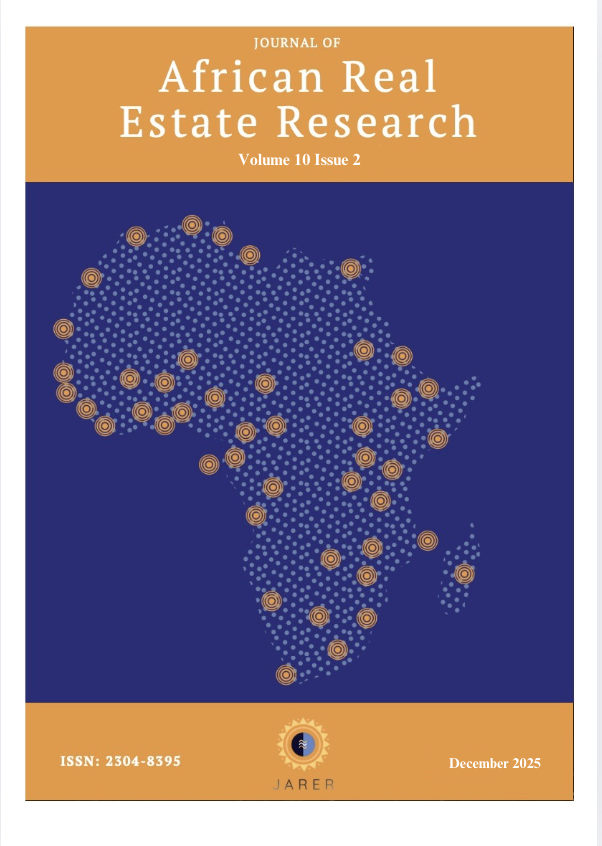How Demographics and Perceived Motivators Shape Real Estate Students' Entrepreneurial Intentions:
A Theory of Planned Behaviour Analysis in an Emerging Market
DOI:
https://doi.org/10.15641/jarer.v10i2.1748Abstract
In most emerging economies, students’ perception that entrepreneurship is desirable and feasible is often reinforced by the difficulty in securing paid employment. However, the realities emanating from the motivators and demotivators and demographic influences usually influence students’ entrepreneurial decisions. With a focus on Nigeria, this study examined the factors affecting the entrepreneurial intentions of real estate students and the relationship between the perceived motivators and demotivators, and demographic factors on real estate students’ entrepreneurial intentions in an emerging market. The study adopted a total enumeration of all final-year real estate students in three purposively selected federal universities in Southwest Nigeria. Closed-ended questionnaires were distributed to all 231 final-year real estate students in the three institutions, and 160 questionnaires, representing 69.26% were retrieved and analysed. Data on students’ intention and preference for real estate business, and the motivators and demotivators were collected on a five-point Likert scale and analysed using frequencies, percentages, RII, factor analysis, correlation analysis, and multivariate analysis of variance (MANOVA). Despite the students’ high intention for real estate business data-driven aspects of the profession, such as feasibility and viability appraisal, valuation, and market analysis/data management, were the least preferred. While the motivators include financial freedom/flexibility, personal preference/fulfilment, economic factors, and prestige/status, lack of support system/market environment, the demotivators include finance, registration/information barriers, and risk perception/socio-cultural barriers. These had statistically significant relationships with demographic factors such as gender, family status, fathers’ educational background, and occupation. This article highlighted the importance of market environment, mentoring, and familial support systems in fostering the venture creation potential of real estate students. Subjective norms, shaped by familial support, mentorship, and socio-cultural barriers, underscore the influence of demographics on students’ intention. The results showed that financial, regulatory, and market challenges may impact perceived control, diminishing students’ confidence despite high entrepreneurial intentions.
Downloads

Downloads
Published
How to Cite
Issue
Section
License
Copyright (c) 2025 Timothy Oluwafemi Ayodele, Benjamin Ekemode, Sadiq Mohammed

This work is licensed under a Creative Commons Attribution 4.0 International License.



